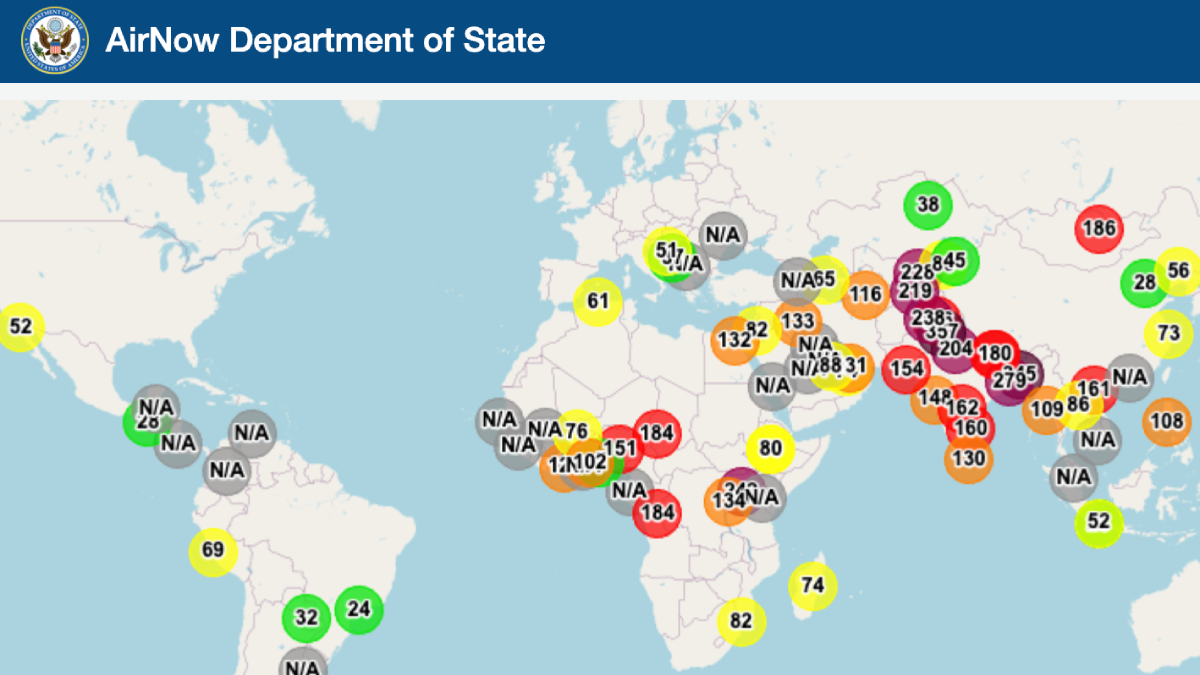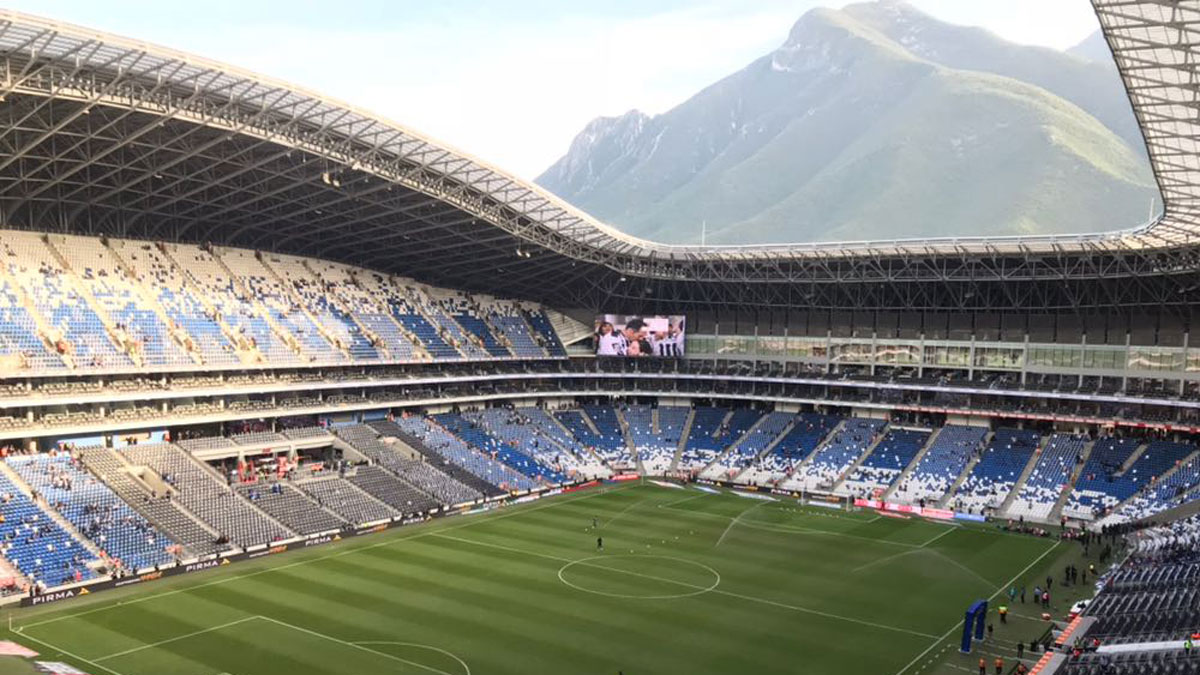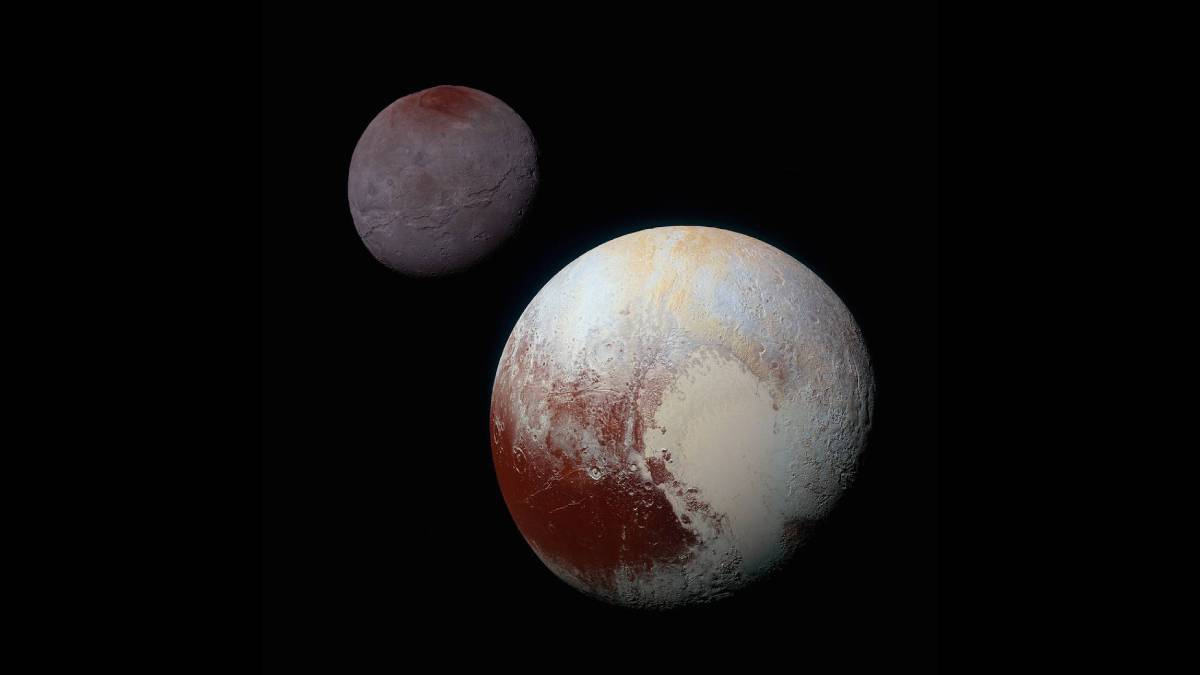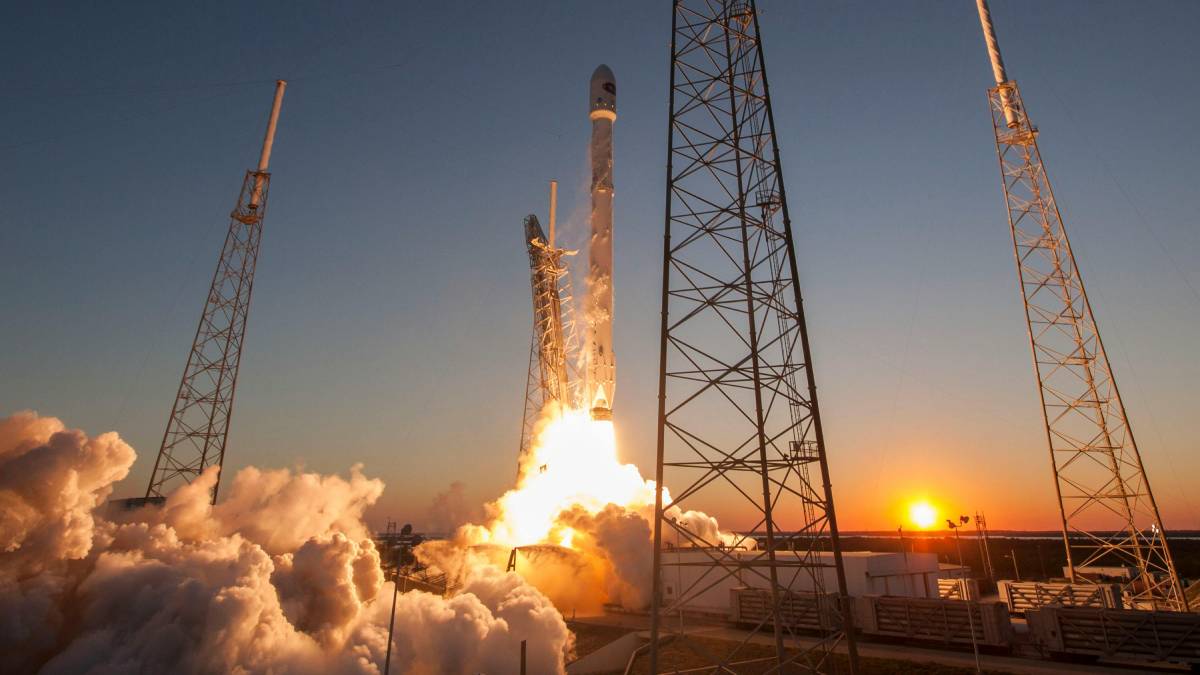On Monday morning, NASA conducted a reduction in force (RIF) for its Office of Technology, Policy, and Strategy (OTPS), Office of the Chief Scientist, and the Diversity, Equity, Inclusion, and Accessibility branch of the Office of Diversity and Equal Opportunity. Scientists at these offices provided strategic insights and analysis on NASA’s partnerships and missions, ensured its science goals align with the administration’s science objectives, and ensured that everyone has the opportunity to contribute to space exploration.
Kimberly M. S. Cartier
Kimberly M. S. Cartier, Senior Science Reporter for Eos.org, joined the Eos staff in 2017 after earning her Ph.D. studying extrasolar planets. Kimberly covers space science, climate change, and STEM diversity, justice, and education
Crowds Stand Up for Science Across the United States
Funding freezes, firings, and censorship have sent shockwaves through the science community since January. Scientists and supporters are standing up in defense.
NOAA Layoffs Include Two Hurricane Hunter Flight Directors
On 27 February, the Trump administration fired hundreds of employees of the National Oceanic and Atmospheric Administration (NOAA). Among those fired were two flight directors for NOAA’s Hurricane Hunters, a loss that threatens to worsen the quality of hurricane forecasts ahead of Atlantic hurricane season.
404: Air Quality Data from U.S. Embassies Removed
On 4 March, AirNow, the home of the U.S. Air Quality Index, shut down its webpage that reported data from air quality monitors at U.S. embassies and consulates around the world. Eos learned of the removal of these data from Dan Westervelt, a climate change and pollution scientist at Columbia University’s Lamont Doherty Earth Observatory in Palisades, New York.
Soccer Players Risk Heat Stress in World Cup Stadiums
Rapidly traveling between climate zones, all with different average temperatures, humidities, and oxygen levels, will place additional stress on players, staff, and spectators.
Pluto Captured Charon with a Kiss
A newly understood collision mechanism could explain some peculiarities of Pluto and its moons.
Life’s Building Blocks Found in Bennu Samples
The discovery of amino acids, abundant ammonia, and the bases of DNA and RNA on asteroid Bennu suggest that materials essential to life might be widespread throughout the solar system.
Jet Propulsion Laboratory Reopens as Fire Recovery Continues
Many JPL staff, including its director, are still displaced or without homes after devastating fires throughout the LA region.
Latest Moon Mission Is Old, New, Borrowed, and Blue
Firefly Aerospace hopes to kick off 2025 by sticking a lunar landing. Science from the mission’s 10 NASA payloads could help guide future Moon missions.
“Exceptional” Global Warming Spike Continued in 2024
More than 3 billion people experienced their hottest year ever in 2024 because of anthropogenic climate change. The world is speeding toward its 1.5°C warming target.










